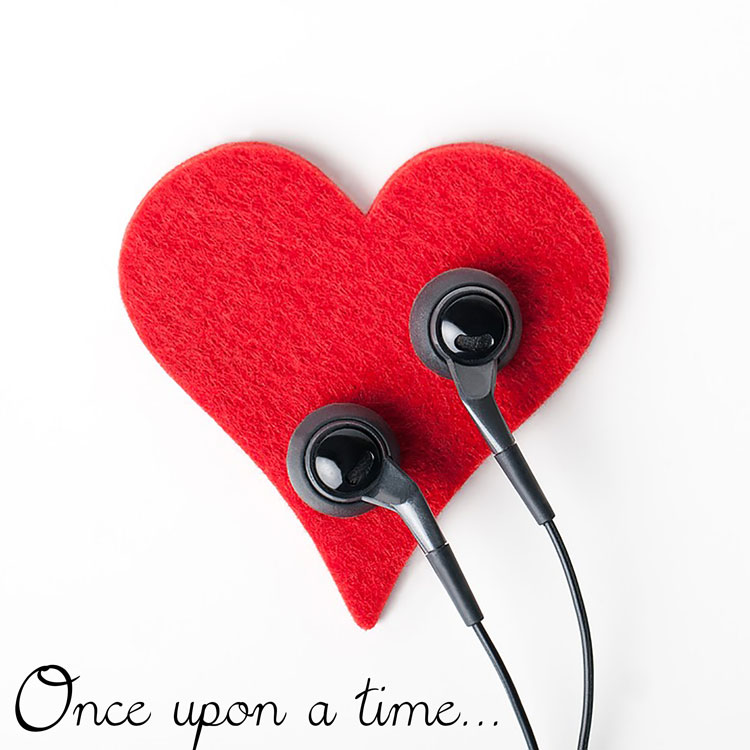When I was too young to read for myself, my dad read to me every night before bed. I relished his silly voices and exaggerations, which gave the story more depth and life than just words on a page. It’s been years since we had this routine, but as I rode into Portland during my first week of classes, I was reminded of this long-lost pleasure.
Like so many other commuters in this age of technology, I pulled out my phone, put my headphones in, and drowned out the noises around me. I chose to listen to Lauren Graham’s autobiography, Talking As Fast As I Can, and as I got lost in her spritely voice, I wondered why I hadn’t taken more advantage of this digital medium. According to “Why Audiobooks are the New Netflix,” an article in GQ, Audible had “over two billion hours of programming” in 2016. With their growing popularity—especially among young adults—what exactly makes audiobooks so appealing?
Aside from their obvious convenience, audiobooks have established themselves as a hybrid between literary and media entertainment. Listeners are drawn in by hypnotic and dynamic narrations often delivered by well-known celebrities. Because of this focus on vocal value, publishing houses like Penguin Random House invested in their audio department to further advance audiobook quality. They even have the option to include material not present in the original print versions or let narrators go “off script.” Whether audiences know a story or not, listening to it gives them a fresh perspective.
Talking As Fast As I Can helped me mull over why I personally find such satisfaction in listening to someone tell me a story. Lauren Graham’s comforting voice allowed me to process the words without having to listen to my own bland, internal voice. The audiobook oozed creative expression and offered opportunities for gasps and laughs. I loved the way it made the author’s voice come alive in a way that wasn’t as flashy as film, but not as quiet as a printed book.
More than other popular genres in audiobooks, such as fiction and self-help, autobiographical audiobooks have the power to reveal the authenticity of both the story itself and the storyteller. For example, Amy Poehler’s Yes Please and Tina Fey’s Bossypants are hilarious by themselves, but hearing the women’s personalities and embellishments shine through in their audiobooks makes their humorous anecdotes feel more real. These are their life stories, so why not hear them from the source?
There’s no denying that I enjoy not having to worry about juggling a physical book while standing in a packed train, but my respect for audiobooks goes further than being easily accessible in my back pocket. It’s tempting to believe that the digital age will eventually overtake the nostalgia of print, but this advancing medium actually enhances the experience of enjoying a book. I believe that audiobooks are the future of easy multitasking, but also a return to the times when we found comfort in simply being told a good story.

